Optimal Timing for Waterproofing
Waterproofing is a critical process to prevent water intrusion and protect structures from damage. The optimal timing for waterproofing depends on various environmental and structural factors, ensuring the application is effective and durable.
Spring offers moderate temperatures and increased humidity, making it suitable for waterproofing projects before heavy rainfall.
Warm and dry summer months provide ideal conditions for waterproofing, allowing materials to cure properly.
Early fall can be suitable if temperatures remain stable, preventing water from seeping into structures during colder months.
Winter is generally not recommended due to freezing temperatures that can hinder application and curing processes.
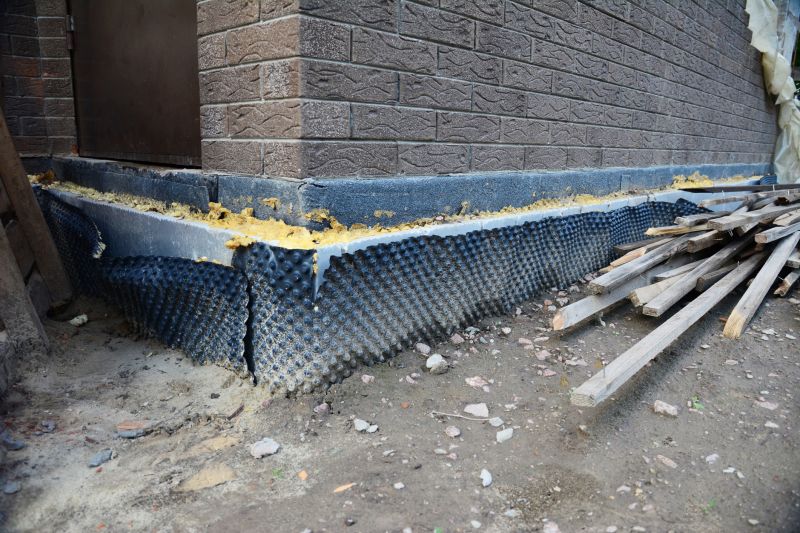
Ways to make Waterproofings work in tight or awkward layouts.
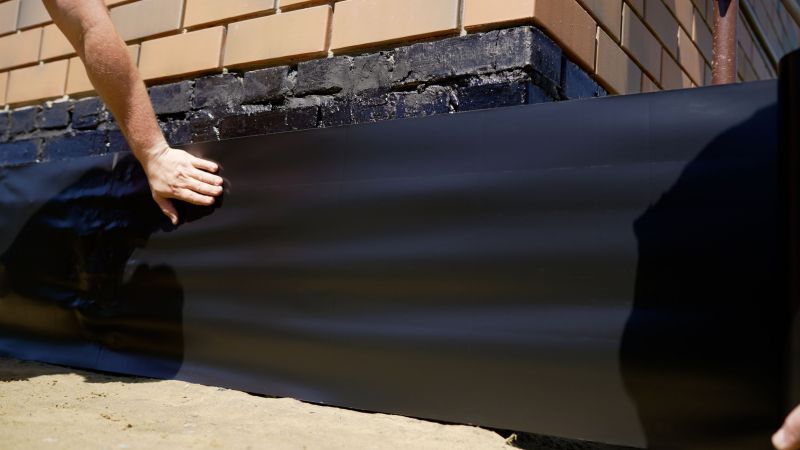
Popular materials for Waterproofings and why they hold up over time.
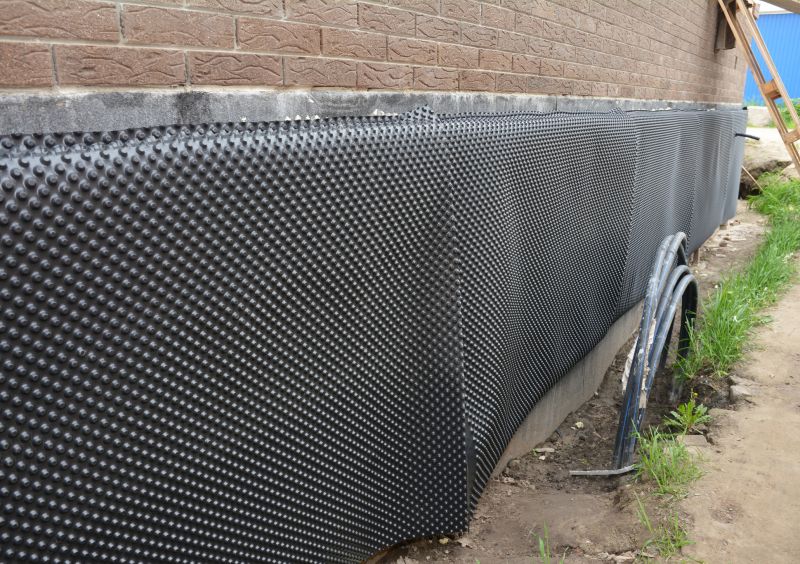
Simple add-ons that improve Waterproofings without blowing the budget.
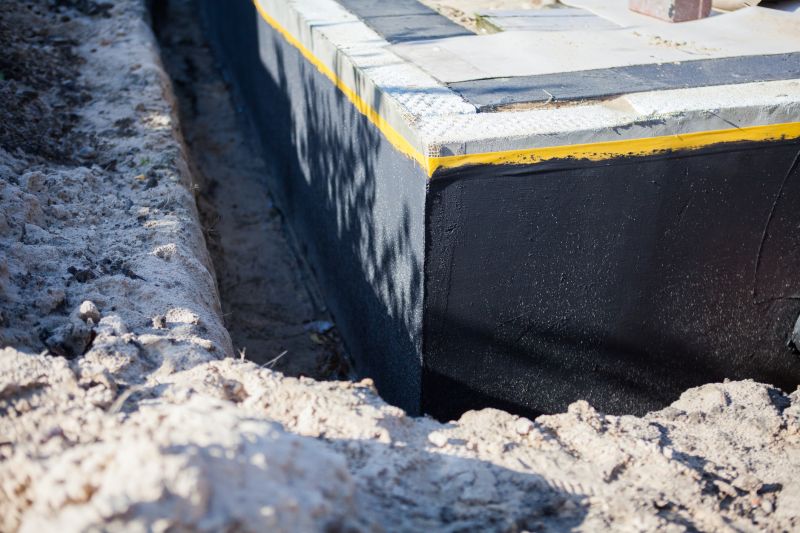
High-end options that actually feel worth it for Waterproofings.
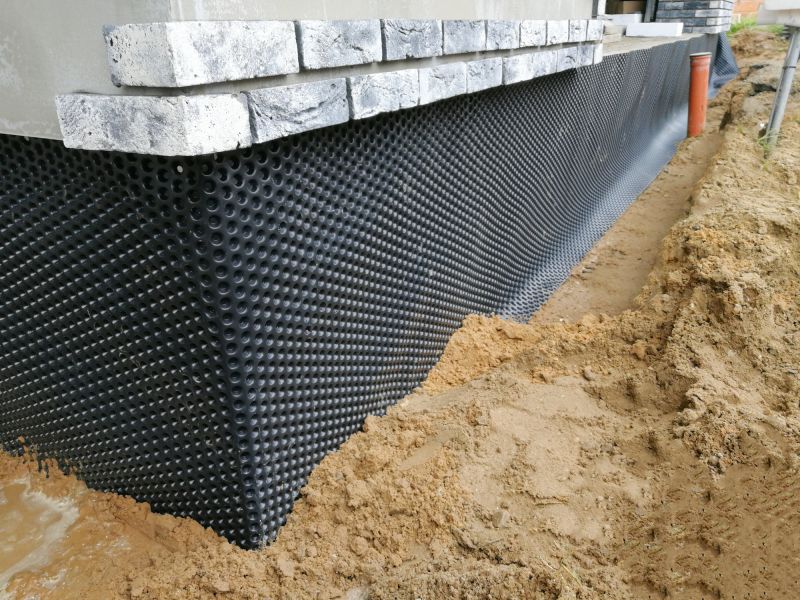
Finishes and colors that play nicely with Waterproofings.
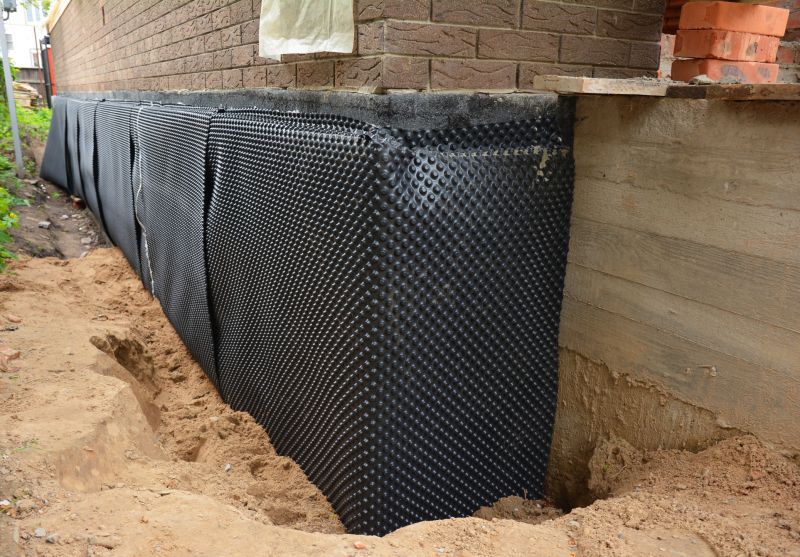
Little measurements that prevent headaches on Waterproofings day.
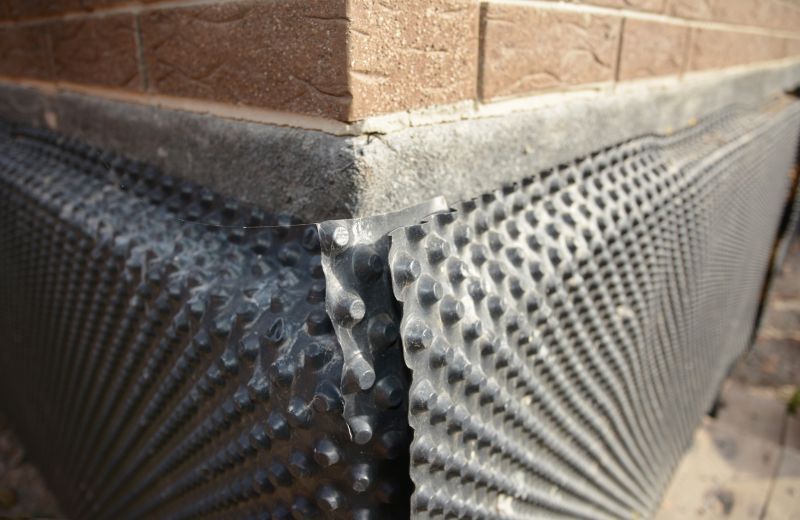
A 60-second routine that keeps Waterproofings looking new.
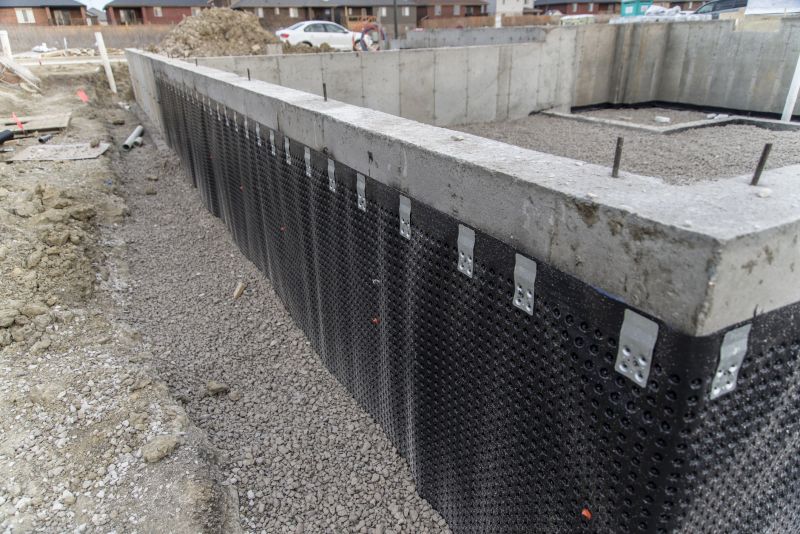
A frequent mistake in Waterproofings and how to dodge it.
| Season | Ideal Conditions |
|---|---|
| Spring | Moderate temperatures, increased humidity, before heavy rains |
| Summer | Warm, dry weather, optimal for curing |
| Fall | Stable temperatures, before cold weather |
| Winter | Not recommended due to freezing temperatures |
Waterproofings are essential for protecting buildings and infrastructure against water penetration. Proper timing ensures the longevity and effectiveness of waterproofing materials. The selection of the right season for application can prevent issues such as incomplete curing, cracking, or reduced adhesion, which may compromise the waterproofing barrier.
Statistics indicate that waterproofing failures often occur when applications are done in unsuitable weather conditions. For instance, applying waterproofing in freezing temperatures can lead to improper curing and early failure. Conversely, applying during optimal seasons enhances durability and reduces maintenance costs over time.
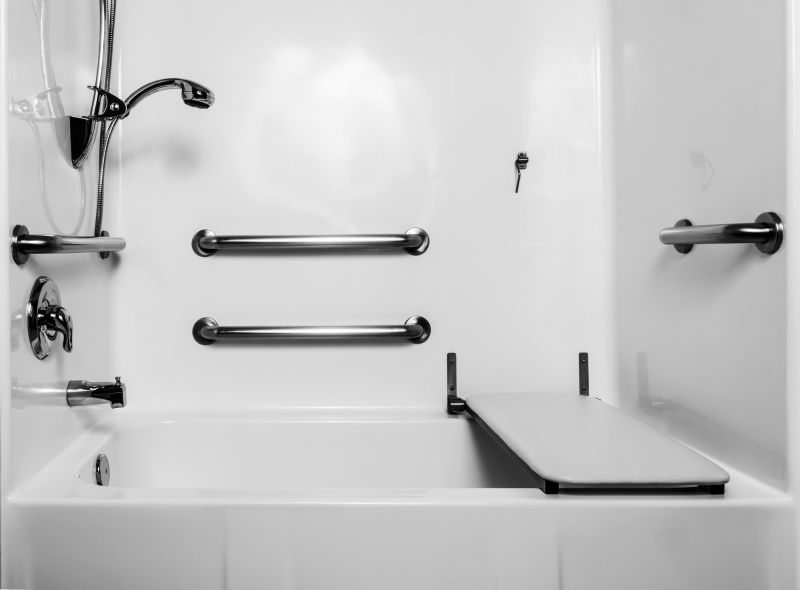
Small tweaks to make Waterproofings safer and easier to use.
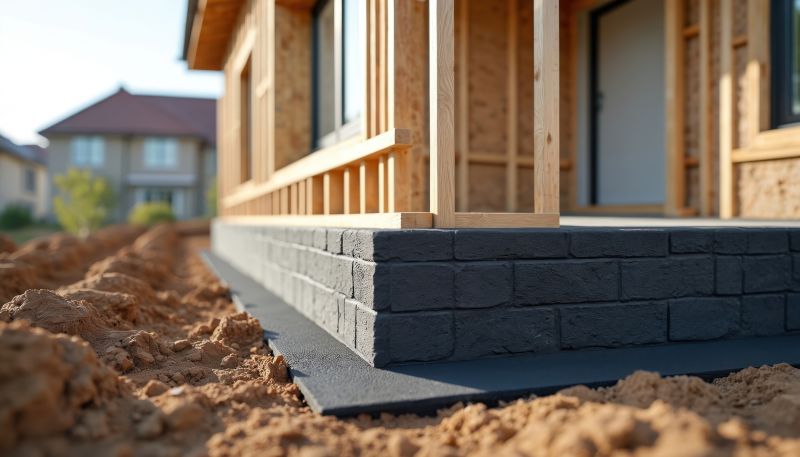
Lower-waste or water-saving choices for Waterproofings.
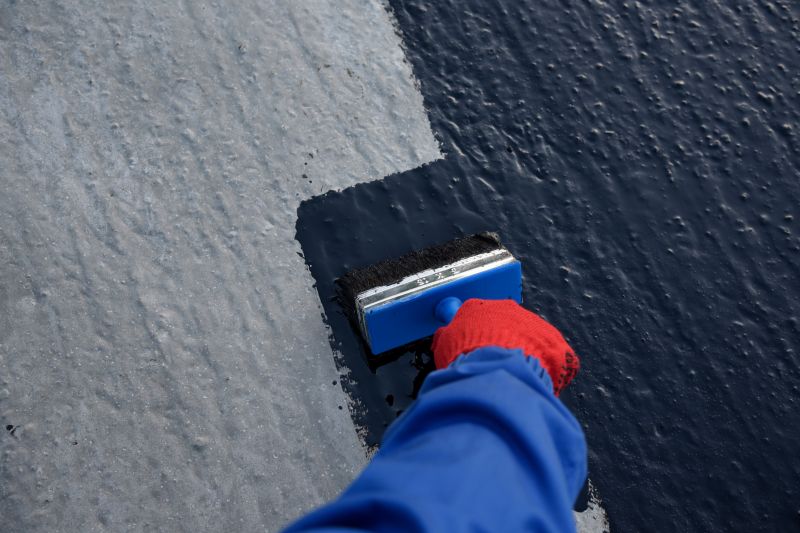
The short, realistic tool list for quality Waterproofings.
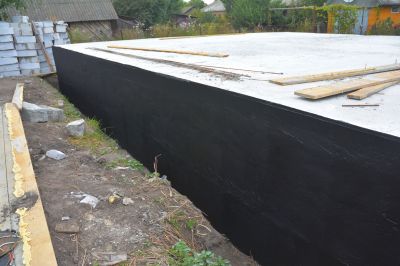
Rough timing from prep to clean-up for Waterproofings.
Interested in waterproofing services? Filling out the contact form can provide more information on suitable timing and options for specific structures. Proper planning and execution are key to ensuring long-term water protection.

